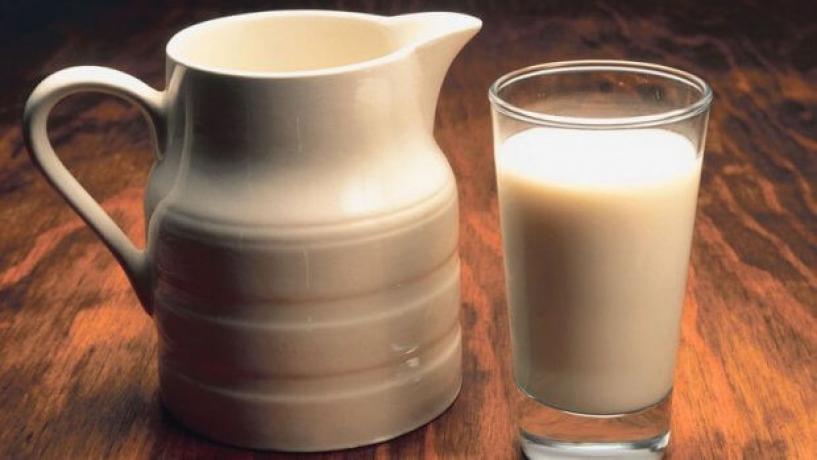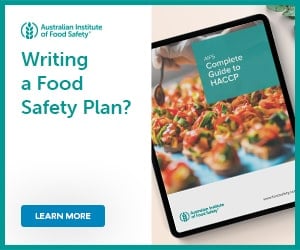
Drinkers of raw milk were left feeling bitter recently following the news that Jane Garrett, Victoria Consumer Affairs Minister, had sanctioned an undrinkable ingredient to be added to all raw milk produce
sold in stores from Sunday the 1st of February.
As a result, approximately 150 people gathered last weekend in Melbourne to protest, including Rebecca Freer, a spokeswoman who commented that the use of raw milk for consumption is something that should be regulated, rather than banned. According to Miss Freer, “Australia is only one of two countries where raw milk is actually banned for human consumption.”
About the Crackdown
The raw milk restraint was introduced following a number of warnings issued by the Victorian health authorities after a number of cases where young children fell seriously ill, and one died, after consuming the product.
Raw milk is generally labelled as cosmetic “bath milk” when sold in stores, as it has been banned from human consumption for a number of years. Yet many people have continued to drink it anyway, arguing that "pasteurised milk kills all of the nutrients, enzymes, and [beneficial] bacteria. It's like the difference between breast milk and formula."
Similarly, Sarah Nicholson, a mother of two who took part in the gathering on Saturday, commented that her family and she had been drinking the product for almost seven years, suggesting that, “Any food product of any description is a risk when you are dealing with refrigeration.”
The Warnings Surrounding Raw Milk
In contrast to the beliefs of the protesters, health experts continue to suggest that there is no need for people to drink raw milk. In regards to the “drink-in” performed by the advocates, food safety authorities commented that there is a resounding amount of evidence suggesting that raw milk can cause significant harm. According to leading physician and microbiologist Peter Collignon, “A lot of germs like salmonella are found near udders, and that gets into the milk. Diseases like tuberculosis and brucella were transmitted through milk until pasteurisation became mandatory”.
Similarly, Ms. Garrett argued that the consumption of raw milk has been illegal for a number of decades, and for a very important reason: it has the potential to make people extremely sick. She noted that, those who drank raw, unpasteurised milk ran the risk of contracting serious diseases, including E coli.
From the beginning of February, those who choose to drink raw milk or provide it to their family will be subject to a fine of up to $60,000, and farmers who refuse to add the bittering agent to their milk produce could also lose their licence. Despite the argument that raw-milk drinkers could still have their way with strict regulation, Ms Garett commented that a regulated market already existed for milk, in the form of safe pasteurisation. According to Garett and other experts, the actions taken are designed to “stop people from putting themselves and their children at risk”.




